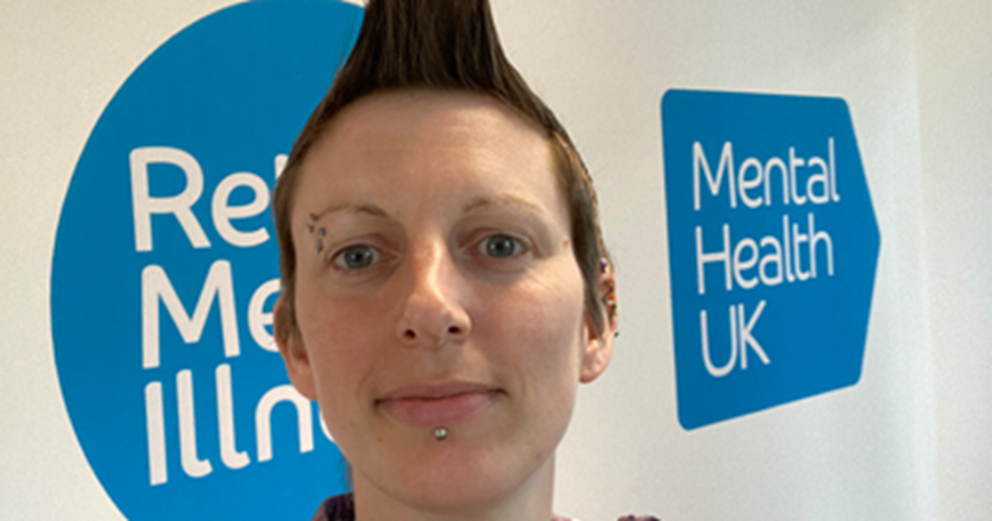Wandsworth & Richmond advocacy service
c/o28 Albert EmbankmentLondon SE1 7GR View on map
Mon - Fri: 9.00am to Fri 5.00pmSat and Sun: Closed
The Wandsworth and Richmond advocacy services provides comprehensive advocacy support to people facing challenges, discrimination, or complex decisions about the care they receive.
Our expert team of advocates are skilled at helping individuals, who may find it difficult otherwise, to understand and retain relevant information about healthcare decisions that affect them, and help them communicate their views, wishes or feelings during the process.
Independent Mental Capacity Advocacy
When someone is deemed to lack the mental capacity to make certain decisions according to the Mental Capacity Act 2005, we can support them to understand their situation and make choices about the next steps.
Paid Relevant Person's Representation
If a person is subject to a Deprivation of Liberty Safeguarding authorisation in a hospital or care home, it means decisions are made about their care without their consent. If they have no appropriate family or friend willing to act as their formal representative, our advocacy team step in as a Paid Relevant Person’s Representative.
Independent Care Act Advocacy
The Care Act 2014 places a duty on local authorities to ensure someone is at the centre of decision making around their care and support needs. Where the person has no one to support them in these processes, a care act advocate will promote a person’s wellbeing and independence. They will be able to assist with:
• A needs assessment
• A carer’s assessment
• The preparation of a care and support or support plan
• A review of a care and support or support plan
• A safeguarding adult enquiry
• A safeguarding adult review
Independent Mental Health Advocacy
If someone is detained under the Mental Health Act in the London Boroughs of Wandsworth or Richmond and they are normally resident in these Boroughs, or subject to a community treatment order or guardianship order, an advocate can explain their rights. If someone is accessing mental health services but are not on a section of the mental health act, they may still qualify for one of our other advocacy services.
NHS Complaints Advocacy
The role of an NHS Complaints Advocate is to help individuals through the NHS Complaints process and support individuals through that process. At Rethink Mental Illness we understand that the process can be very difficult and can sometimes be overwhelming, however our Complaints Advocates are here to help you through that journey should you feel you wish to make a complaint about NHS Care, Treatment or Services.
Our NHS Complaints Advocacy Service is free and independent of the NHS and is confidential.
Each County in England and Wales may have different Complaint Advocacy Services providing services in that Area.
Our Complaints Advocacy Services provides Complaints Advocacy for individuals living in Wandsworth and Richmond.
Though an complaints advocate can help you with many aspects of an NHS Complaint, we are unable to provide any legal or medical advice.
For more information please see our Get Help pages.
What advocates can and can't do
An advocate can stand by you, and stand up for you, when important decisions are being made about your care, treatment and the way you live your life. They can help you understand your rights and options, and then support you in expressing your views and wishes to the relevant services. They can also speak up on your behalf if that’s what you want. People often work with an advocate when they’re going through some kind of assessment or review of their care or treatment.
What an advocate can help with
Get information and understand what it means
Explore your options and decide what you want
Contacting people, or contacting them for you
Express your feelings to others, or do this for you
Prepare for meetings, and support you at them
Stand up for your rights to get the services you need.
What an advocate can't do
Provide advice or emotional support
Make decisions for you without your input
Solve someone’s problems for them
Mediation
Provide care or home support
Agree with everything a person says.
Read more about our work


